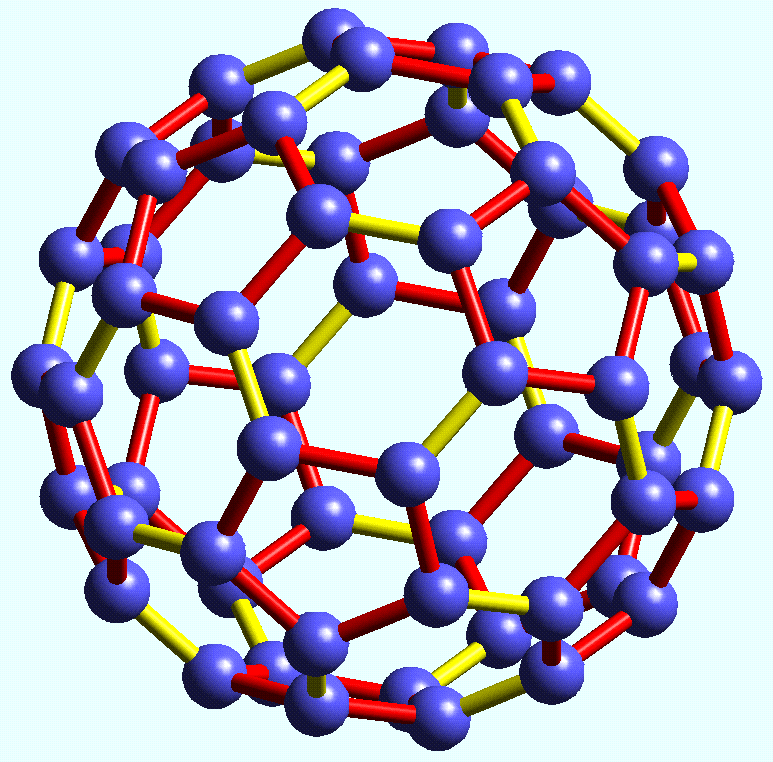Rice University's Andrew Barron and his group, working with labs in Italy, Germany and Greece, have identified specific molecules that could block the means by which the deadly virus spreads by taking away its ability to bind with other proteins.The groups reported their findings in a paper published on the American Chemical Society's Journal of Chemical Information and Modeling web site.Their method of modeling ways to attack HIV may not be unique, but their collaboration is. Research groups from five institutions -- two in Greece, one in Germany, one in Italy and Barron's group at Rice -- came together through e-mail contacts and conversations over many months, each working on facets of the problem. "Not all the groups have ever met in person," Barron said.

Most remarkable, he said, is that their research to date has been completely unfunded.Using simulations to narrow down a collection of fullerenes to find the good ones is "the least time-consuming low-cost procedure for efficient, rational drug design," the team wrote.
[Source : Azonano]




0 comments
Post a Comment